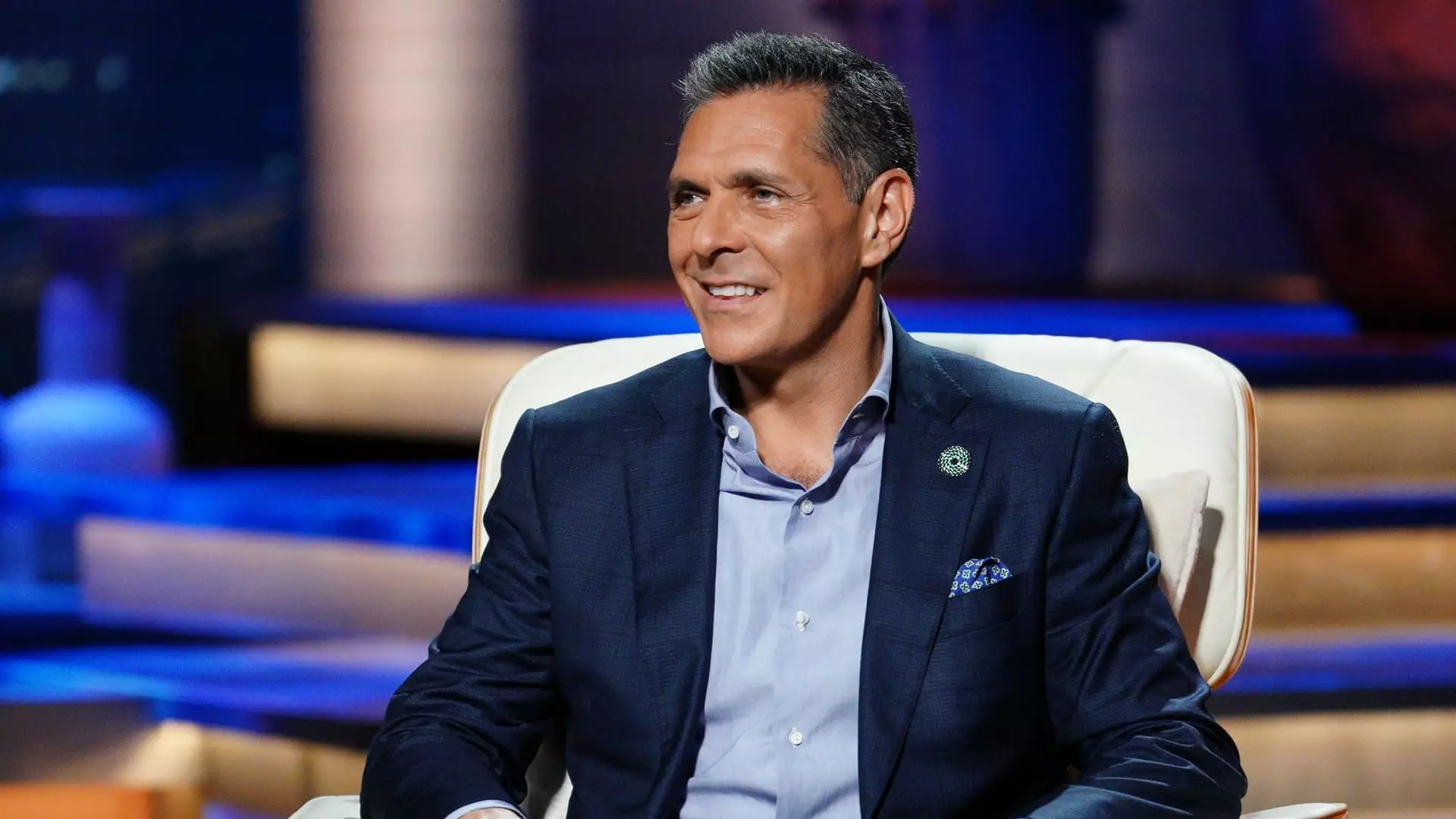In the nexus of innovation and entrepreneurship, few stories illustrate the evolution of wealth quite like that of Daniel Lubetzky, founder of Kind Snacks. His journey from the humble beginnings of nut-and-fruit bars to the heights of financial success is a microcosm of America’s entrepreneurial spirit. Yet, when one examines the ramifications of this shift toward corporate mega-entities like Mars and the consequent strategies employed through family offices such as Camino Partners, it raises a compelling question: is this evolution benefitting society at large or merely feeding the insatiable hunger of the ultra-wealthy?
Lubetzky’s venture into Kind Snacks marked an essential turning point in the health-conscious food market. Still, it wasn’t just about providing healthy options to consumers; it was about crafting a brand narrative that resonated deeply with a growing audience eager for choices that were both healthful and sustainable. The 2020 divestment of a controlling stake to Mars symbolizes not just personal success but also highlights the complex dynamics between grassroots entrepreneurship and corporate capitalism.
The Rise of Family Offices
Family offices like Camino Partners have burgeoned in recent years, each marked by a narrative of entrepreneurial origins and a profound sense of responsibility towards their legacy. The sheer scale of wealth now drives investment patterns reminiscent of hedge fund investments yet characterized by an intimacy and focus on community welfare. Reports show that over 100 family offices have emerged from food and beverage wealth alone, reflecting a growing trend where billionaires extend their reach into varied sectors.
What many view as visionary—reinvesting in health and longevity—might also be perceived as an attempt to commoditize health itself. While Lubetzky’s pivot towards fitness brands like Barry’s and home health-care providers may sound altruistic, we must question the motivations behind such investments. Are these moves genuinely aimed at public wellbeing, or are they an opportunistic response to societal trends toward self-care and longevity, exploited by those who already enjoy unbounded riches?
Shifting Perspectives on Investment
One notable aspect of Camino’s strategy is its focus shift from early-stage companies to more established enterprises boasting a solid revenue base. This indicates a maturation of investment philosophy that begs scrutiny. Originally built on the dream of nurturing startups—a reflection of an idealistic and often romantic view of entrepreneurship—Lubetzky’s trajectory has taken a stark turn toward risk aversion, favoring less volatile returns over fostering innovation in nascent stages.
This pivot can be interpreted through various lenses, one being the stark reality of modern capitalism: risk and failure are not just part and parcel of innovation; they are existential threats to billionaires who increasingly find themselves under societal scrutiny. As the narrative shifts from “building everything from scratch” to “investing in tried and tested,” the implications for future entrepreneurs might be dire, essentially curating an environment where only well-established firms thrive and fewer emerging voices have a chance to rise.
Expertise vs. Intuition
Despite Lubetzky’s deep-rooted entrepreneurial background, he acknowledges the necessity of bringing in experts as he ventures outside the familiar territory of consumer packaged goods. When extending his investment wings to sectors such as aerospace and deep tech, the reliance on seasoned fund managers is an admission that even billionaires can encounter realms where serious knowledge and specialization surpass personal intuition.
Yet, this dependence on expertise brings a critical reflection of what it means to innovate responsibly in the modern economy. While the safety net of experienced managers may mitigate some risks involved, it also raises questions about autonomy and authentic involvement in businesses that purport to mirror personal values. Is the nuanced view of entrepreneurship being diluted by a preference for expert-driven, data-guided decisions?
What is emerging is a landscape that is increasingly tricky to navigate for those aspiring entrepreneurs who desire to disrupt norms. Lubetzky, while undoubtedly a paragon of success, serves as a reminder of the delicate balance between nurturing innovation and seeking fiscal safety. Ultimately, the story of these family offices is not just one of financial prosperity; it is a call to action for an ethical reevaluation of entrepreneurship itself.

Leave a Reply